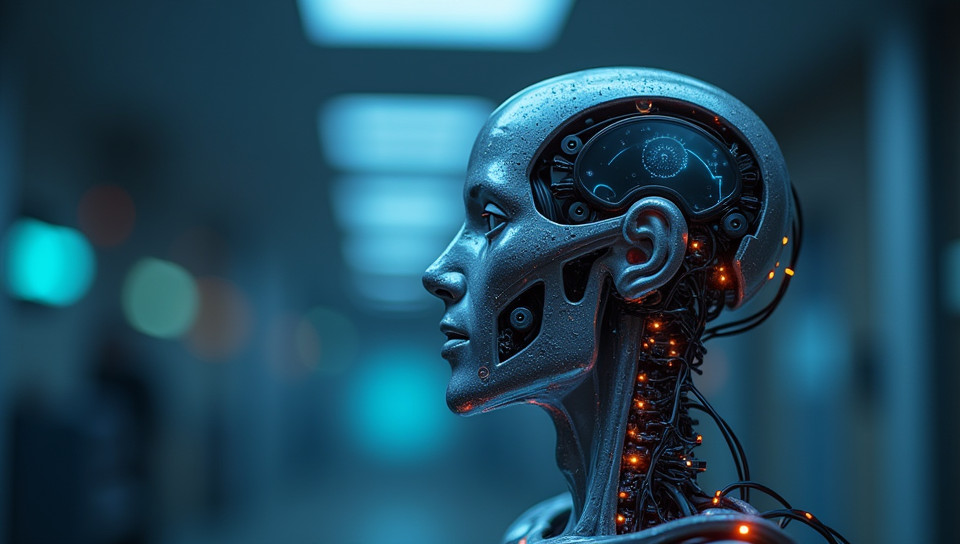Sensors enhance rehabilitation outcomes 83%

Unlocking Better Outcomes: The Power of Sensors in Rehabilitation
As we navigate the complex world of healthcare, it's becoming increasingly clear that traditional methods of rehabilitation may no longer be enough to achieve optimal results. With the rise of technology and innovative solutions, the field of rehabilitation is undergoing a significant transformation. One key player in this revolution is sensors – small devices that can track, monitor, and analyze movement patterns, providing invaluable insights into an individual's recovery progress.
The Problem with Traditional Rehabilitation
Traditional rehabilitation methods often rely on subjective assessments and manual tracking, which can lead to inaccuracies and inconsistent results. This approach can be particularly challenging for individuals with complex or chronic conditions, such as stroke survivors or those with spinal cord injuries. Furthermore, traditional methods may not provide the level of detail needed to tailor interventions effectively.
The Role of Sensors in Rehabilitation
Sensors have emerged as a game-changer in rehabilitation, offering an objective and data-driven approach to monitoring progress. These small devices can be integrated into various aspects of treatment, including physical therapy, occupational therapy, and speech therapy. By tracking movement patterns, sensors provide healthcare professionals with valuable insights into an individual's strengths and weaknesses.
Benefits of Sensor-Enhanced Rehabilitation
Sensor-enhanced rehabilitation offers numerous benefits, including: - Improved accuracy in tracking progress - Enhanced ability to tailor interventions to individual needs - Increased efficiency in treatment planning and delivery - Better outcomes and reduced recovery times - Reduced risk of complications and injuries
Real-World Applications
Sensors are being used in various settings to enhance rehabilitation outcomes. For example, wearable sensors can track an individual's movement patterns during physical therapy sessions, providing real-time feedback on their progress. In occupational therapy, sensors can be used to monitor fine motor skills and hand function. Even in speech therapy, sensors can help track vocal cord movement and pitch.
Conclusion
The integration of sensors into rehabilitation settings has the potential to revolutionize the way we approach treatment and recovery. By providing objective insights and data-driven feedback, sensors can help healthcare professionals tailor interventions more effectively, leading to better outcomes and reduced recovery times. As technology continues to advance, it's likely that we'll see even more innovative applications of sensors in rehabilitation. One thing is certain – the future of rehabilitation looks bright, and sensors are leading the way.
- Created by: Mariana Sánchez
- Created at: Feb. 4, 2025, 2:47 p.m.
- ID: 20040



